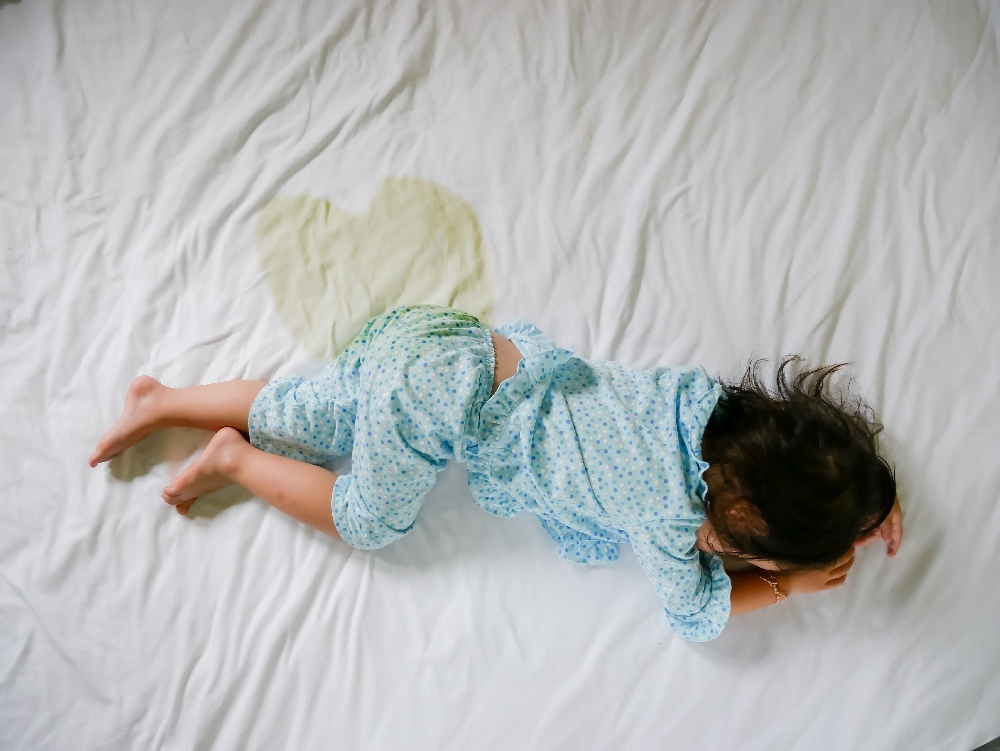Bedwetting is a common problem among children and can be a distressing experience for both parents and children. Though often assumed to be a sign of laziness or lack of maturity, the truth is that it may have an underlying medical cause. One such possible cause is medications, which can disrupt your child’s ability to sleep soundly through the night.
Bedwetting, also known as nighttime incontinence or nocturnal enuresis, is the involuntary leakage of urine during sleep. Bedwetting can be a frustrating and embarrassing problem for children and their parents. Although most children wet the bed occasionally, bedwetting is considered a medical condition when it occurs on a regular basis.
There are many potential causes of bedwetting, including hormones, constipation, urinary tract infections, and sleep disorders. Medications can also be a cause of bedwetting. Some medications that have been linked to bedwetting include diuretics, anticholinergics, beta-blockers, and tricyclic antidepressants. If your child is taking any of these medications and is having problems you may check No Bed Wetting. Their tips and advice can help you manage the problem and support your child through it.

Image Source: Google
There are a variety of medications that can cause bedwetting. These include diuretics, anticholinergics, and antidepressants. Diuretics help the body get rid of excess water and can lead to bedwetting if they are not properly managed. Anticholinergics block the action of acetylcholine, a chemical that helps control urination. This can lead to an overactive bladder and bedwetting. Antidepressants can also cause bedwetting by affecting the brain's ability to control the bladder.
Some of the medications that can cause bedwetting to include:
– Antidepressants.
– Anti-anxiety medications.
– Blood pressure medications.
– Diuretics.
– Sedatives.